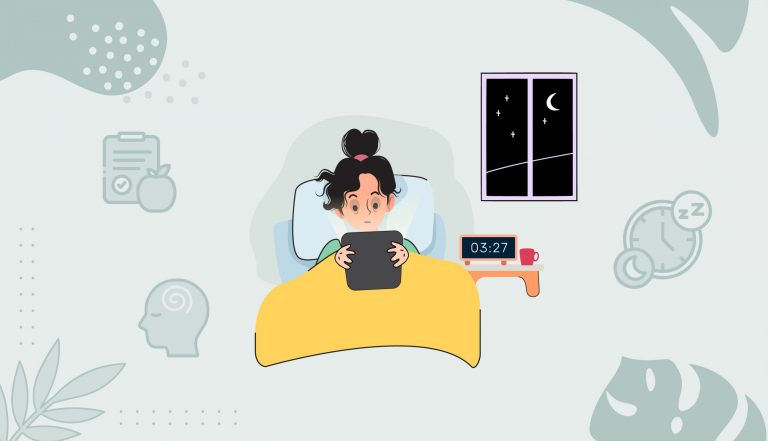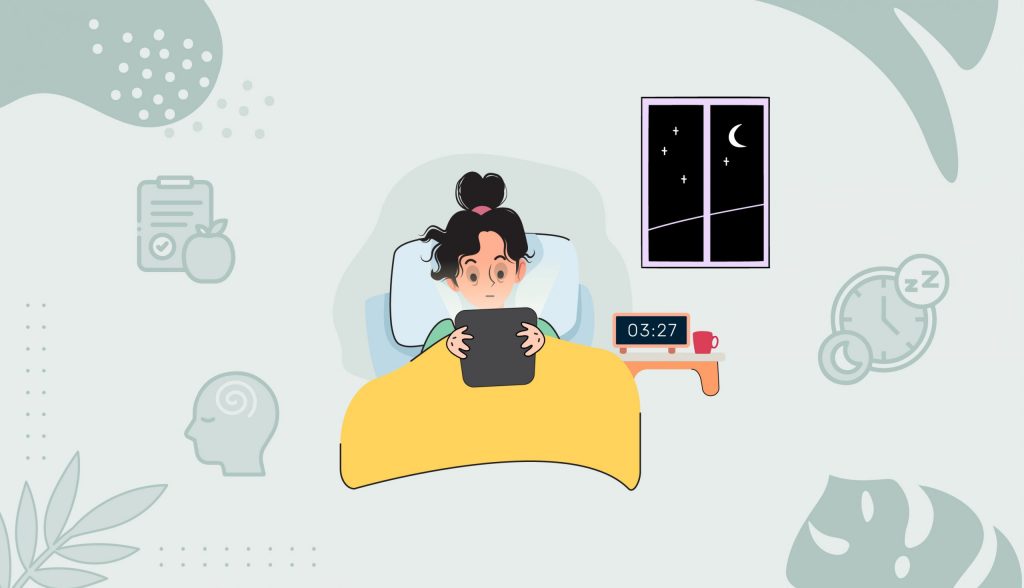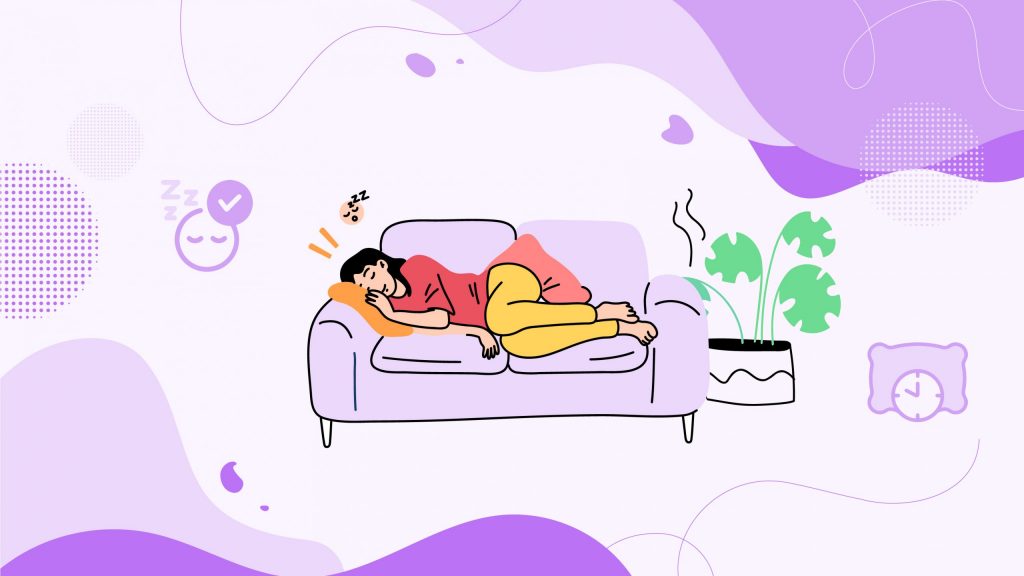The Sleep Deprivation Dilemma
In today’s fast-paced world, sleep often gets sidelined by our endless to-do lists and constant distractions. Between demanding jobs, social commitments, and the relentless buzz of digital devices, many of us are burning the midnight oil way too often. It’s easy to fall into the trap of thinking sleep is something we can just make up for later. But as life’s pressures pile on, the consequences of chronic sleep deprivation become painfully clear. Fatigue, irritability, and trouble concentrating are just the beginning. Over time, not getting enough rest can lead to serious health problems, like a weakened immune system, weight gain, and an increased risk of chronic conditions such as heart disease and diabetes.
Balancing our hectic schedules while making sure we get enough sleep is a struggle we all know too well. We’ve all had those mornings where we drag ourselves out of bed, desperately wishing for just a few more minutes of precious sleep, yet knowing we have to face the day’s demands. This struggle is something that hits home for many of us, as we try to navigate our sleep-deprived society.
The Science of Sleep
To truly appreciate the importance of sleep, it’s essential to understand what happens when we rest. Sleep is not merely a passive state where our bodies and minds shut down. Instead, it is a highly active period where critical processes take place that are vital for our overall well-being.
Neurologically, sleep plays a crucial role in maintaining cognitive functions. During sleep, the brain undergoes a process called synaptic pruning, where unnecessary neural connections are eliminated, and important ones are strengthened. This process is vital for memory consolidation, learning, and overall cognitive performance. Furthermore, sleep helps regulate the production of neurotransmitters such as serotonin and dopamine, which are essential for mood regulation and emotional stability. Chronic sleep deprivation disrupts these processes, leading to difficulties in learning, memory impairment, and mood disorders like depression and anxiety.
On a physiological level, sleep is essential for repairing and rejuvenating the body. During deep sleep stages, the body releases growth hormones that aid in tissue repair and muscle growth. The immune system also gets a boost, as sleep enhances the production of cytokines, which are proteins that help fight infections and inflammation. Additionally, sleep helps regulate metabolism and appetite through the balance of hormones like leptin and ghrelin. Lack of sleep can lead to an imbalance in these hormones, resulting in increased hunger and a propensity for weight gain.
Without adequate sleep, we become more susceptible to stress and less capable of coping with everyday challenges. Our decision-making abilities are impaired, our reaction times slow down, and our overall productivity takes a hit. Understanding these critical functions highlights why sleep is non-negotiable and why prioritizing it is essential for maintaining our physical and mental health.
Sleep Habit that matters for a Longer Life
Set a Consistent Sleep Schedule
- Go to bed and wake up at the same time every day, including weekends.
- Aim for seven to nine hours of sleep each night.
- Aim for seven to nine hours of sleep each night.
Develop a Relaxing Bedtime Routine
- Engage in calming activities such as reading a book or taking a warm bath.
- Practice relaxation techniques like deep breathing or meditation.
Avoid Stimulation Before Bed
- Steer clear of stimulating activities at least an hour before bedtime.
- Reduce exposure to bright screens (phones, tablets, computers) to prevent interference with melatonin production.
Optimize Your Sleep Environment
- Ensure your mattress and pillows are comfortable and supportive.
- Keep the bedroom cool, dark, and quiet.
- Use blackout curtains to block out light.
- Consider earplugs or a white noise machine to minimize noise disturbances.
Mind Your Diet and Exercise
- Avoid consuming caffeine and heavy meals close to bedtime.
- Opt for a light snack if you’re hungry before bed.
- Engage in regular physical activity but finish exercising a few hours before bedtime.
Manage Stress and Anxiety
- Incorporate stress-reducing practices into your daily routine.
- Journal your thoughts to clear your mind before bed.
- Talk to a friend or seek professional support if needed.
- Practice mindfulness or other relaxation techniques throughout the day.
Additional Tips for Immediate and Long-Term Improvement
- Set an alarm for your bedtime routine as a reminder to start winding down.
- Limit naps during the day, especially long or irregular ones.
- Get exposure to natural light during the day to help regulate your circadian rhythm.
- Reduce fluid intake in the evening to avoid waking up in the middle of the night.
- Invest in quality bedding that enhances comfort and supports restful sleep.
- Maintain a comfortable bedroom temperature, typically between 60-67°F (15-19°C).
A Restful Renaissance
Jane, a marketing executive in her mid-thirties, used to pride herself on being able to function on just a few hours of sleep each night. She believed that cutting back on sleep allowed her to get more done and stay ahead in her demanding job. However, over time, Jane began to notice the toll that sleep deprivation was taking on her health and performance. She felt constantly fatigued, struggled to concentrate, and found herself increasingly irritable and stressed. Her productivity at work began to decline, and she frequently fell ill.
Realizing that her approach was unsustainable, Jane decided to prioritize her sleep. She started by setting a regular sleep schedule, going to bed and waking up at the same time each day. She also created a calming bedtime routine that included reading and practicing deep breathing exercises. Jane made her bedroom a sleep-friendly environment, investing in a comfortable mattress and using blackout curtains to block out light.
The changes didn’t happen overnight, but gradually, Jane began to notice significant improvements. She woke up feeling more refreshed and energetic, her concentration and mood improved, and she became more resilient to stress. Her productivity at work increased, and she found herself able to tackle challenges with a clearer mind and a more positive attitude.
“Making sleep a priority was a game-changer for me,” Jane reflects. “I used to think that sacrificing sleep was the key to success, but I’ve learned that getting enough rest is actually the foundation for being at my best. I feel healthier, happier, and more capable in every aspect of my life.”
Subscribe to newsletter
Get your Gut Health Starter Guide right now.
Elevate your Tuesdays with practical, science-backed wisdom propelling you forward on your gut health journey.



















